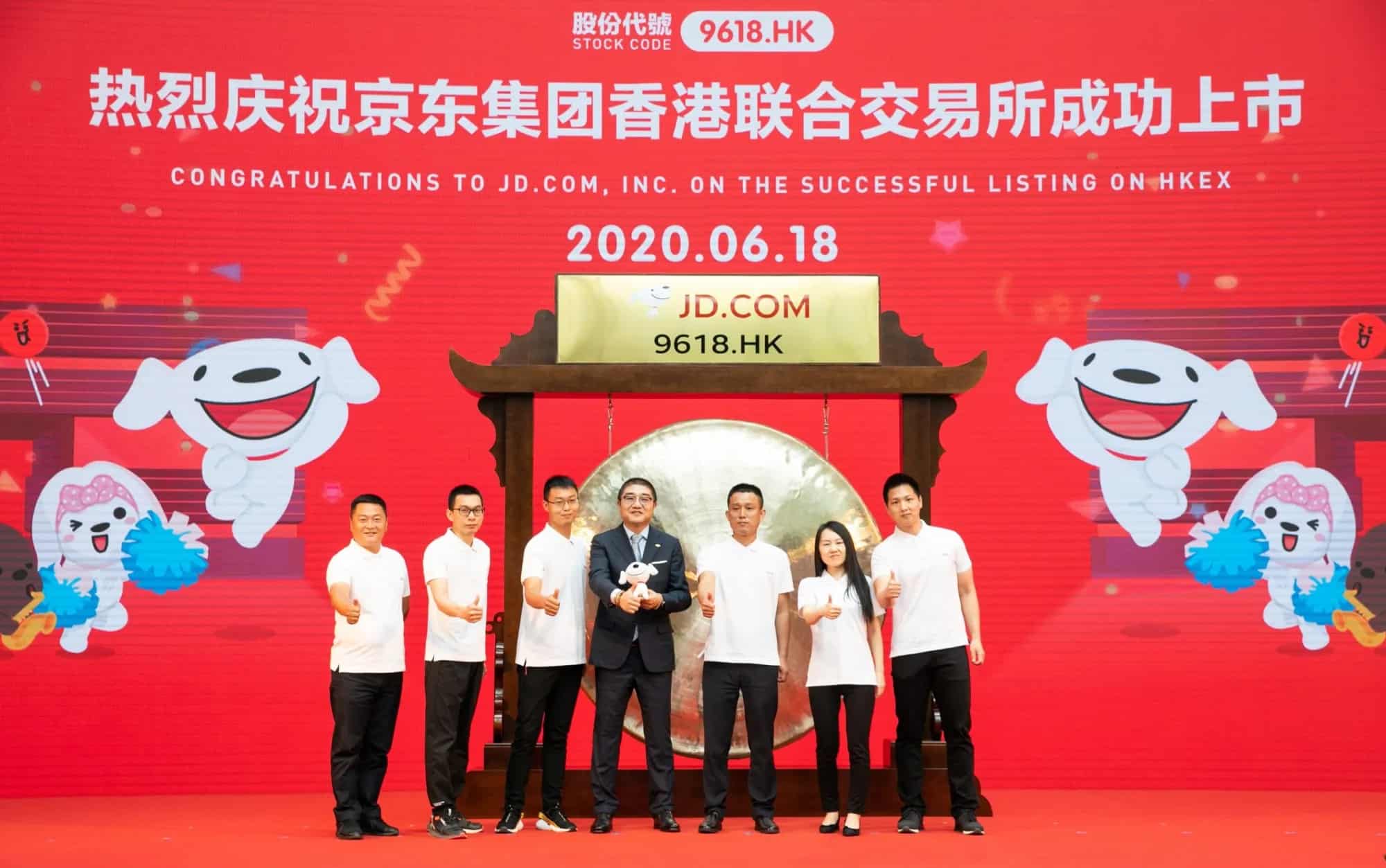With the ushering in of the year of the Ox, we said goodbye to the gengzinian, year of the metal rat. The gengzinian, which occurs once every 60 years according to the sexagenary lunar cycle of the Chinese calendar, has been associated with times of great suffering: in 1900, the violence of the Boxer uprising; in 1960, the famine of Mao’s Great Leap Forward; in 2020, it brought plague. With the novel coronavirus first spreading outside Wuhan during last Chinese spring festival, we are not sad
LISTEN NOW
Face-Off: U.S. vs. China
A podcast about how the two nations,
once friends, are now foes.




